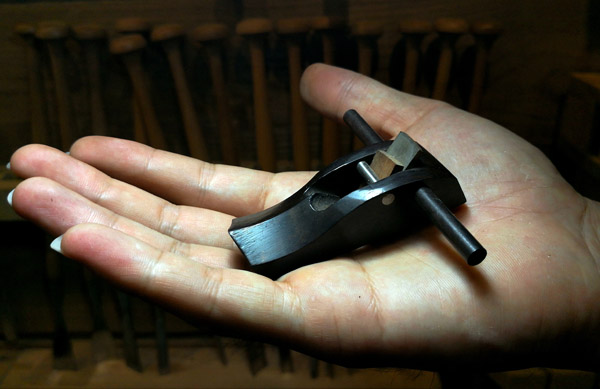 |
|
For Sui Yiyang, guqin is more than a musical instrument, and it's full of history and knowledge. [PHOTO BY WANG JING/CHINA DAILY] |
While traveling to buy materials, he also takes pictures and videos of elderly people who learned their skills and techniques from their relatives.
"Young people rarely get a glimpse into the lives of those people, but they possess something valuable and traditional, and it may die one day," Sui says.
Compared with the regular jobs that some of his friends and relatives have, Sui's work seems to be a little offbeat, and he says there are only about 20 independent guqin makers in China.
"I sometimes wonder about devoting myself to this line of work, because I am so different to my friends. But I don't want to give up my dream. Most of the time I work alone in the studio and I hear about what is going on in the world from radio."
His favorite pastime apart from playing guqin is going to the movies and listening to classical music.
Sui, an only child, says his parents and grandparents are open-minded about his choice of being a guqin maker.
"My mother worries about me because my income is so unreliable. But she is happy for me because I am doing what I love."
Even though independent guqin makers are rare in China, the instrument is gaining more and more attention.
In 2003 it was added to the Masterpieces of the Oral and Intangible Heritage of Humanity by UNESCO, which drew more attention to the instrument and more support from audiences and government.
In 2008 Chen Leiji played the guqin at the opening ceremony of the Olympic Games in Beijing, bringing it to a global audience.